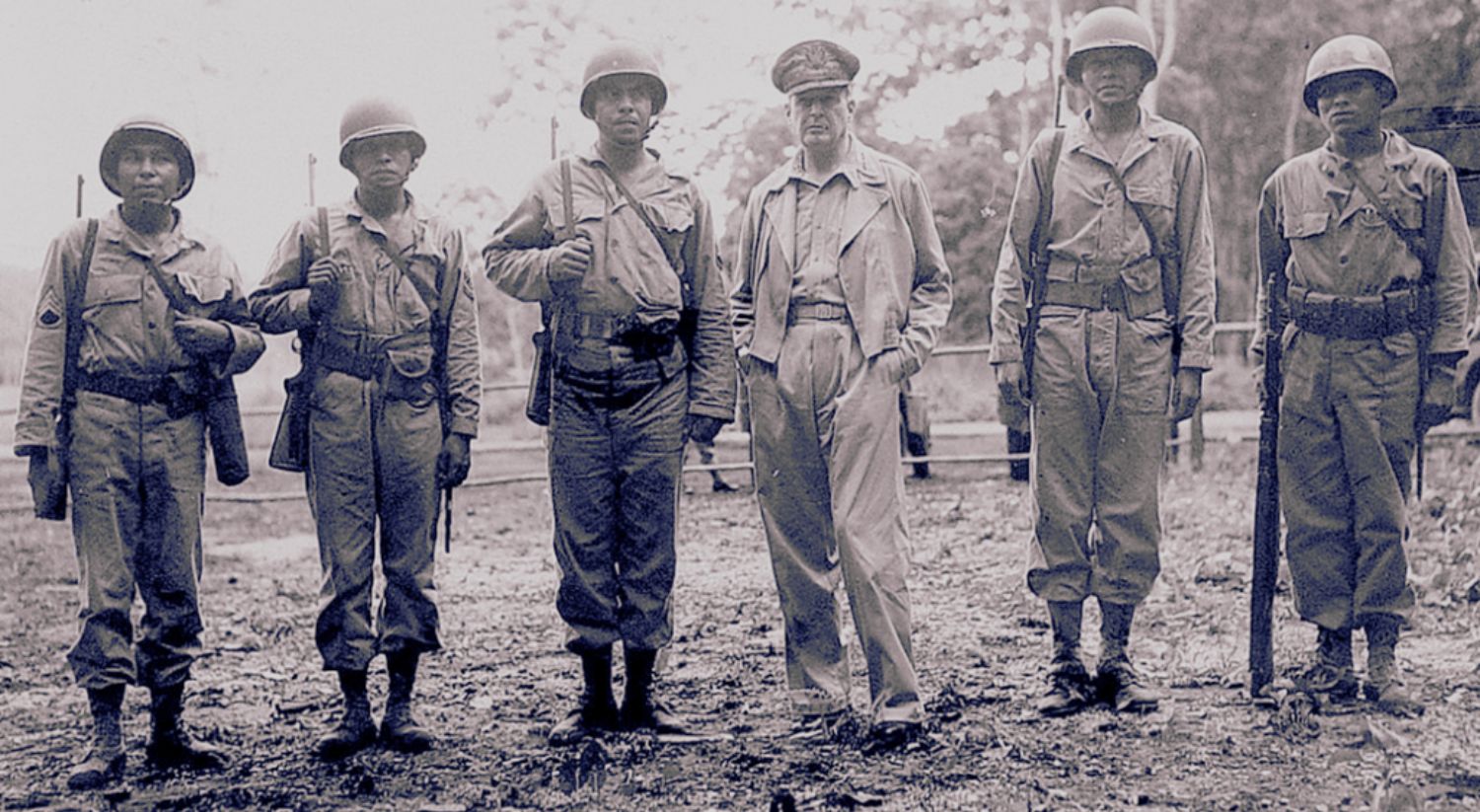
Hi! Today I have a rather fun and useful topic for you: we are going to explore some Spanish expressions that are a must for social events.
Have you ever felt a little lost at a meeting or party because you weren’t sure what people were saying? Well, after reading this article, that will be a thing of the past.
I will introduce you to 10 Spanish expressions that will help you act like a true native speaker at any social event.
Let’s get started!
Why it is important to know these expressions
You may ask yourself, “Do I really need to learn these expressions? The short answer is yes! Mastering these Spanish phrases and expressions will allow you to feel more comfortable and confident at any meeting or social event. At a wedding, a birthday party or even a work event, these expressions will be of great help to you.
Learning these phrases will give you an additional advantage: you will be able to understand conversations better, react quickly and make new friends more easily.
Spanish expressions for social events
“Romper el hielo”
Meaning: Starting a conversation with someone you don’t know.
Example of use: “En las fiestas, normalmente cuento una historia divertida para romper el hielo”
How and when use it: This expression is perfect to use when you are new to an event and want to start a conversation with someone. Simply mention something interesting or fun to “Break the ice”.
“Fiestero”
Meaning: A person who loves to go to parties and has a lot of fun at them.
Example of use: “Mi amigo Juan es una fiestero, nunca se pierde una.”
How and when use it: This expression is great to describe that person who is always ready for fun at any social event.
“Soltarse el pelo”
Meaning: Relax and enjoy without worrying about what others think.
Example of use: “¡Esto es una fiesta!This is a party! Es tiempo de soltarse el pelo y divertirse.”
How and when use it: This is a perfect expression to use when you want to encourage someone to relax and have fun at a party.
“El alma de la fiesta”
Meaning: The person who is the center of attention at a party, due to his or her cheerful and fun personality.
Example of use: “Cada vez que Lisa viene a casa, es el alma de la fiesta.”
How and when use it: Use this expression when you want to describe the person who is cheering everyone on and making the party memorable.
“Salir de marcha”

Meaning: Go out and have fun, especially going to several different places.
Example of use: “¡Es Viernes por la noche! Vamos a salir de marcha.”
How and when use it: This expression is perfect to use when you have plans to go out and enjoy the nightlife.
“Viajar al pasado”
Meaning: Something that reminds you of something from the past.
Example of use: “Ver antiguos amigos del instituto fue un viaje al pasado.”
How and when use it: This expression is useful to use when meeting old friends or remembering moments from the past at an event.
“Pasarlo en grande”
Meaning: Have a great time.
Example of use: “Lo pasé en grande en el concierto de ayer por la noche.”
How and when use it: This is an excellent expression to use when you want to describe that you had a great time at an event.
“Mover el esqueleto”
Meaning: Dancing, especially in a lively or enthusiastic manner.
Example of use: “La música fue tan buena la pasada noche que no paramos de mover el esqueleto.”
How and when use it: Use this expression when you want to describe someone (or yourself!) enjoying music and dancing at a party.
“Ser el centro de atención”
Meaning: Receive all the attention, usually because you are doing something very impressive or entertaining.
Example of use: “Cuando Joaquín empezó a cantar, el fue el centro de antención.”
How and when use it: This is a great expression to use when someone becomes the center of attention at an event.
“Tener la palabra”
Meaning: Having the opportunity to speak or perform in front of a group.
Example of use: “Cuando di el brindís en la boda, realmente tuve la palabra.”
How and when use it: Use this expression when you want to describe someone who has everyone’s undivided attention at an event, such as when giving a speech or giving a presentation.
How and when to use these expressions
Now that you have these 10 expressions, it is important to remember that the key to using them effectively is practice. Try using these phrases in your daily life or the next time you attend a social event. And don’t worry if you don’t use them perfectly at first; practice makes perfect.
Also, each social event may require a slightly different approach. For example, at a more formal event, you might use expressions such as “tener la palabra” or “ser el centro de atención.
At a more informal gathering or party, expressions such as “soltarse el pelo” or “fiestero” may be more appropriate. So feel the mood and adjust your Spanish expressions accordingly.
In short
I am sure these expressions will make you feel much more comfortable and confident when participating in meetings and celebrations.
The real value of learning these phrases lies in improving our communication and our ability to interact meaningfully with others. It’s not about showing off; it’s about opening doors to new experiences and connections.
I encourage you to use them, practice them, and make them your own. And remember, we are here to support you as you learn. We would love to hear about your experiences using these expressions in your social events.
See you in our next article! Take care!
Remember
You can download our translation apps to learn languages and travel easily : available for free on Googleplay and Applestore.
Don’t hesitate to visit our Talkao website and contact us with any questions or problems you may have; and of course, take a look at any of our blog articles.








Newsletter